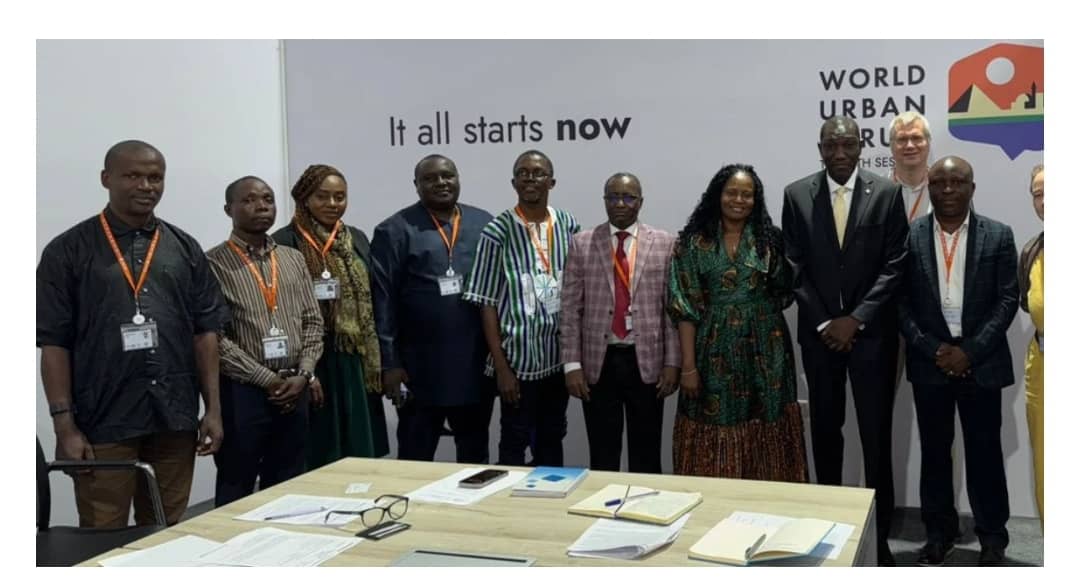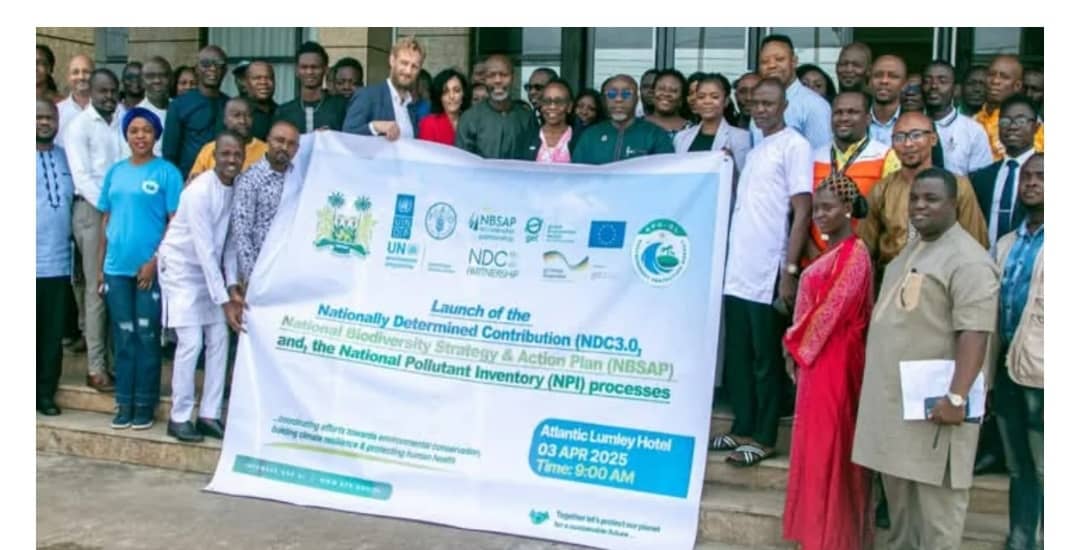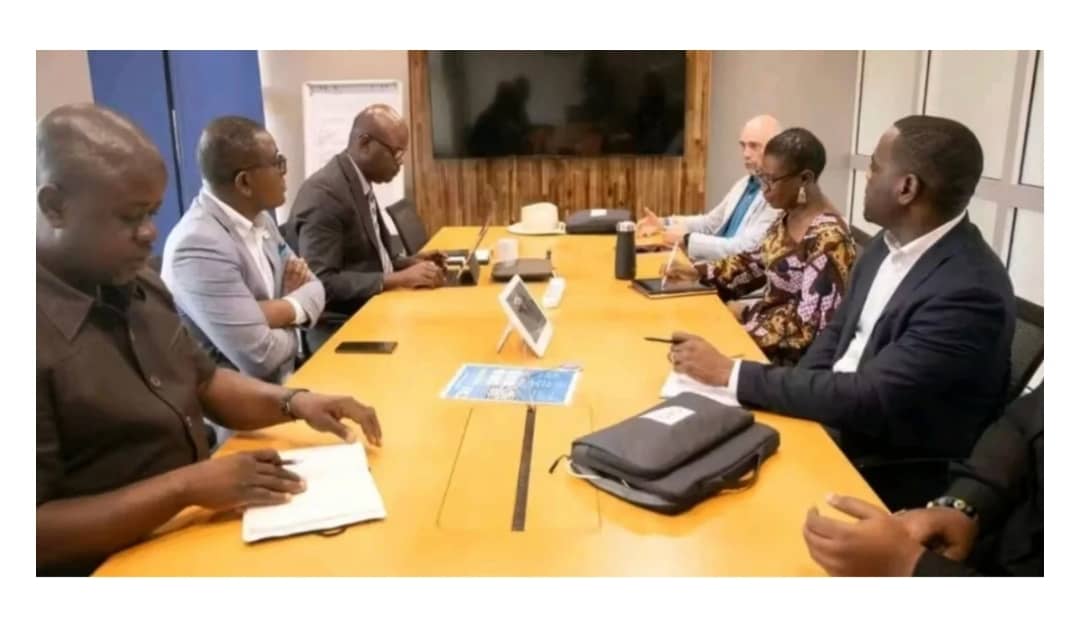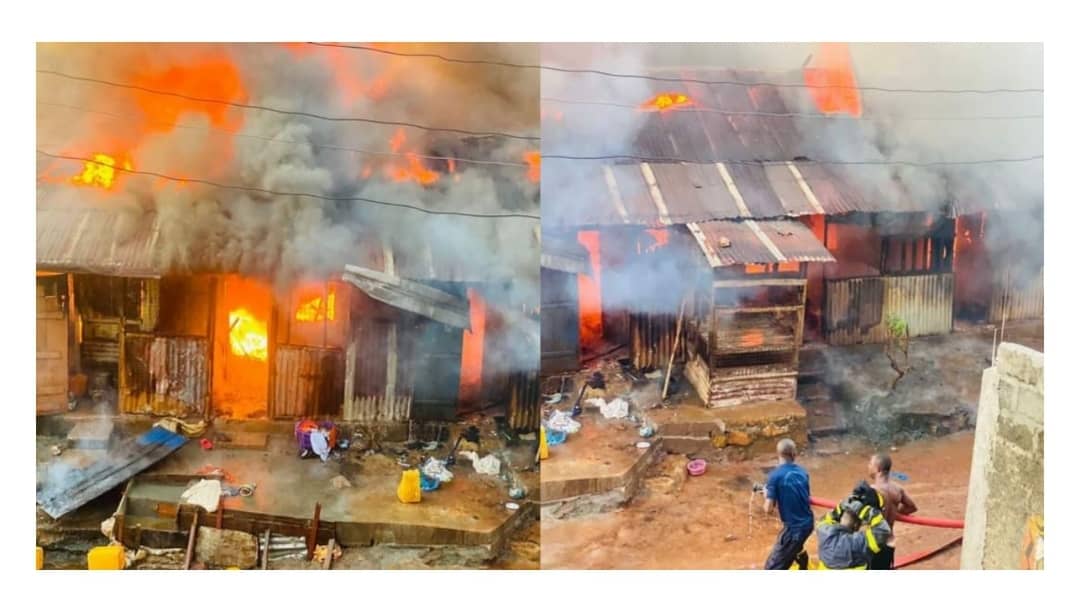By: Tommy Sidikie, Reporter
Sierra Leone is taking significant steps to enhance urban and land reform through a strengthened partnership with UN-Habitat, highlighted during the ongoing World Urban Forum-12 in Cairo.
A key meeting led by UN-Habitat’s focal point for Sierra Leone, Saiid Conteh, brought together high-ranking officials, including Oumar Sylla, Head of the Africa Regional Office, and Mathias Spaliviero, Senior Human Settlements Officer and head of the West Africa Sub-Regional Hub. The discussions focused on addressing the pressing housing and land management challenges facing the country.
The meeting emphasized the urgent need for funding to build capacity in essential sectors for urban reform. The goal is to establish sustainable land governance, tackle housing issues, and promote inclusive urban growth. Phylis Kormoh (Kapu), Sierra Leone’s Deputy Minister of Lands, Housing, and Country Planning, reaffirmed President Julius Maada Bio’s commitment to institutionalizing land sector reforms.
A crucial part of this commitment is the upcoming Country Planning Act 2024, which is part of a broader legislative reform strategy aimed at fostering climate-resilient urban development, improving land tenure security, ensuring equitable land access, and enhancing land administration. Dr. Alphajoh Cham, Project Coordinator of the Sierra Leone Land Administration Project (SLLAP), noted significant progress in legislative reforms, including the Customary Land Rights Act 2022 and the National Land Commission Act 2022, which established the National Land Commission as a key reform body.
Beyond legislative reforms, urban planning efforts are evident in collaborations with UN-Habitat on projects such as the Sierra Leone Habitat III Report, the National Urban Policy, and the Urban Agriculture and Waste Wise City Study. These initiatives aim to create a more sustainable environment and address urban challenges effectively.
The partnership with UN-Habitat is vital for the country as it seeks to build capacity, mobilize resources, and develop a Master Spatial Plan for urban centers. This ongoing support will be essential for achieving sustainable and inclusive development goals.
This strengthened collaboration marks a new chapter in urban governance, positioning the country to make substantial progress toward a resilient urban future that benefits communities across the nation.





